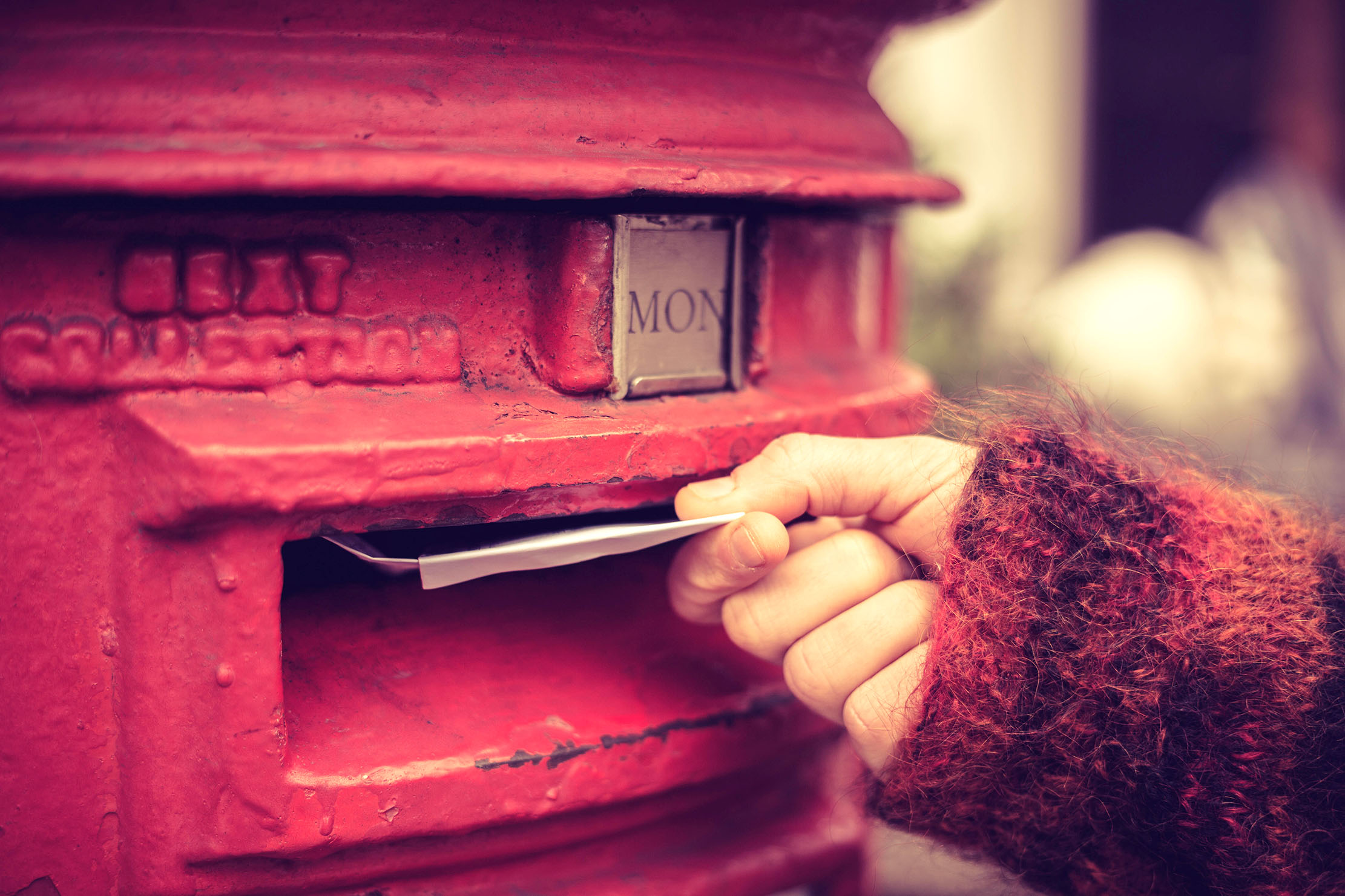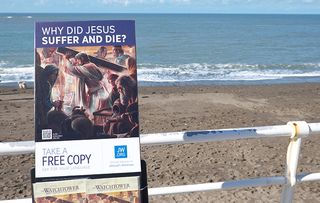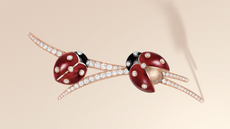Jonathan Self: Our postman delivers 1,000 items a week — and less than 50 are 'real' letters
Jonathan Self laments the fact that we're losing the art of writing letters.


For more than 20,000 years the Ju/’hoansi bushmen of Namibia spent only 15 hours a week working — if a bit of hunting and gathering can actually be considered work — and, apparently, wanted for nothing.
Then, they were introduced to farming and with it came longer hours, an inadequate diet and dissatisfaction. According to James Suzman’s latest book, Work: A History of How We Spend Our Time, the triumph of pastoralists over hunter-gatherers is the reason why humans perceive idleness as a sin and industriousness as a virtue.
The nature of his argument need not concern us here because... oh, all right, I’ll admit it, I can’t actually follow his argument and am mostly reading him so that I can show off in a letter I am writing to my 95-year-old American friend, William Hampton, a brilliant psychiatrist with whom I correspond.
"None will hear the postman’s knock without a quickening of the heart"
I have about a dozen correspondents at the moment. The secret of a good letter is, of course, to cover topics of interest to the recipient. Thus, my friend George Brooks, who, like me, loves food, received this bit of news:
‘Ever since the Cursed Lurgy struck, I have been more afraid of stepping on the scales than having my temperature taken.‘I was, perhaps, not at my absolute skinniest on Lockdown Day and by following a course of extreme comfort eating — I needed a great deal of comfort — I managed to put on two stone in as many months, which I have now finally lost by means of a diet so strict that Saint Wilgefortis of Portugal would have objected to it.’
Whereas Elaine Schofield, a fellow naturalist, received this bit of news:
‘Our mistle thrushes are as noisy as ever and I regret the fact that we have a holly bush planted so close to the house since the two of them object vociferously whenever another bird comes close. Tennyson was talking through his hat when he wrote: “When rosy plumelets tuft the larch, And rarely pipes the mounted thrush.” If John Cleese had invented a Ministry of Silly Flights, our pair could have starred, for when they do take to the air it is in a series of undulating leaps interspersed with short glides.’
Dave, our postman, who makes about 1,000 deliveries a week, says that fewer than 50 include what might be described as real letters. What a loss it would be if no one corresponded. As W. H. Auden pointed out: ‘And none will hear the postman’s knock/Without a quickening of the heart./For who can bear to feel himself forgotten?’
It is true that writing a letter requires effort, but Sydney Smith was wrong when he claimed: ‘Correspondences are like small clothes before the invention of suspenders: it is impossible to keep them up.’ I have been writing to some correspondents for four decades.
Sign up for the Country Life Newsletter
Exquisite houses, the beauty of Nature, and how to get the most from your life, straight to your inbox.
One of the joys of a real letter is that it is tangible. You can feel it, carry it with you, read and re-read it. I often include Polaroids, newspaper clippings and dried flowers. Without going as far as Cleopatra, whose lost letters to Antony were (says Plutarch) engraved on tablets of onyx, it is possible to make a letter visually appealing and, if written on proper stationery, a pleasure to hold.
Moreover, it must be pointed out that if everyone was more like the Ju/’hoansi bushmen of yore and only worked 15 hours a week, they’d have plenty of time to devote to what Virginia Woolf called ‘the humane art’.

Credit: Getty Images
Jason Goodwin: 'My friend was puzzled to discover me up a stepladder, cradling my airgun and scanning vegetable beds'
Jason Goodwin takes on the rats, and loses.

Jason Goodwin: Keeping up with the Jehovahs
'I don’t get into theological debate with them; I simply like to bask awhile in their radiant happiness'
-
 The century-old enamelling technique used to create Van Cleef's lucky ladybird brooch — which has something in common with Country Life
The century-old enamelling technique used to create Van Cleef's lucky ladybird brooch — which has something in common with Country LifeThe technique used in the jeweller's Geneva workshop has been put to good use in its latest creation.
By Hetty Lintell Published
-
 ‘The best sleep in the sky’: What it’s like to fly in United’s Polaris cabin, approved by American icon Martha Stewart
‘The best sleep in the sky’: What it’s like to fly in United’s Polaris cabin, approved by American icon Martha StewartUnited’s Business Class cabin goes by the name Polaris and Martha Stewart is a fan. So, how does it fare?
By Rosie Paterson Published
